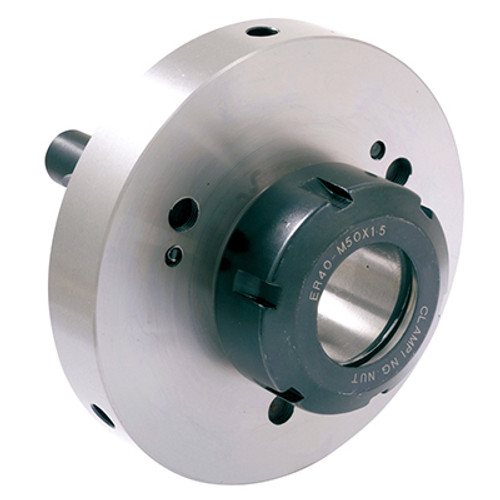Wholesale cnc cutters
Looking for high-quality wholesale cnc cutters? This guide explores the different types of cutters available, key considerations when purchasing in bulk, and factors influencing cost. Learn how to select the right cutters for your specific applications and maximize your investment.
Understanding CNC Cutters
CNC cutters are essential tools for computer numerical control (CNC) machines, responsible for precisely removing material to create desired shapes and designs. The right cutter can drastically improve efficiency, accuracy, and overall project quality. When purchasing wholesale cnc cutters, understanding the different types and their applications is crucial.
Types of CNC Cutters
The market offers a wide array of CNC cutters, each designed for specific materials and tasks. Here's an overview of the most common types:
- End Mills: These are versatile cutters used for milling, profiling, slotting, and drilling. They come in various flute configurations (2, 4, or more) and materials (carbide, high-speed steel).
- Ball Nose End Mills: Featuring a rounded tip, these are ideal for creating 3D contours and complex shapes.
- Roughing End Mills: Designed for rapid material removal, these cutters have a coarse tooth pattern.
- Drill Bits: Used for creating holes, drill bits come in various sizes and materials.
- Engraving Tools: These cutters are specifically designed for engraving and marking materials.
- Thread Mills: Used for creating internal and external threads with precision.
- Face Mills: Designed for machining large, flat surfaces.
Materials Used in CNC Cutters
The material of the cutter greatly influences its performance and lifespan. Common materials include:
- High-Speed Steel (HSS): A cost-effective option for general-purpose machining, HSS cutters are suitable for softer materials like aluminum and wood.
- Carbide: Offering superior hardness and wear resistance, carbide cutters are ideal for machining harder materials like steel, stainless steel, and titanium. They also allow for higher cutting speeds.
- Cobalt Steel: A type of high-speed steel with added cobalt for increased heat resistance and hardness, suitable for machining tough materials.
- Ceramic: Used for very high-speed machining of hard materials, ceramic cutters offer excellent wear resistance.
- Diamond: The hardest material, diamond cutters are used for machining abrasive materials like graphite and composites.
Key Considerations When Buying Wholesale CNC Cutters
Purchasing wholesale cnc cutters requires careful planning and consideration to ensure you get the best value and performance for your specific needs. Here's what to keep in mind:
Material Compatibility
The most crucial factor is ensuring the cutter material is compatible with the materials you'll be machining. Using the wrong cutter can lead to premature wear, poor surface finish, and even damage to your CNC machine.
Cutting Geometry
The cutting geometry, including the number of flutes, helix angle, and cutting edge design, influences the cutter's performance. Choose a geometry that's appropriate for the specific application and material.
Cutter Size and Dimensions
Ensure the cutter's shank diameter and overall length are compatible with your CNC machine's tool holder. The cutting diameter should also be appropriate for the desired cut.
Coating
Coatings like titanium nitride (TiN) and titanium aluminum nitride (TiAlN) can enhance a cutter's hardness, wear resistance, and heat resistance. Consider coated cutters for demanding applications.
Tolerance
A cutter's tolerance determines the accuracy of the cut. Choose cutters with tight tolerances for precision applications.
Quantity and Pricing
When buying wholesale cnc cutters, negotiate with suppliers to get the best possible pricing based on the quantity you need. Also, consider the overall cost, including shipping and handling.
Finding the Right Wholesale CNC Cutter Supplier
Selecting a reputable supplier is crucial for ensuring you receive high-quality wholesale cnc cutters and excellent customer service. Here are some tips for finding the right supplier:
Research and Reviews
Start by researching different suppliers and reading online reviews. Look for suppliers with a proven track record of providing quality products and reliable service. You might want to consider companies such as Wayleading Tools.
Product Catalog and Customization
Choose a supplier with a comprehensive product catalog that includes a wide variety of CNC cutters. If you require custom cutters, ensure the supplier offers customization services.
Quality Control
Inquire about the supplier's quality control processes. A reputable supplier will have rigorous quality control measures in place to ensure their cutters meet industry standards.
Technical Support
Opt for a supplier that offers technical support. This can be invaluable if you encounter any issues with your cutters or need assistance with selecting the right tools for your application.
Shipping and Delivery
Consider the supplier's shipping and delivery options. Ensure they offer reliable and timely delivery to your location. Check their shipping costs and policies.
Factors Influencing the Cost of Wholesale CNC Cutters
The cost of wholesale cnc cutters can vary depending on several factors. Understanding these factors can help you make informed purchasing decisions:
Material
Cutters made from carbide and diamond are typically more expensive than those made from high-speed steel.
Size and Complexity
Larger and more complex cutters generally cost more than smaller and simpler ones.
Coating
Coated cutters are typically more expensive than uncoated cutters due to the added manufacturing process.
Quantity
Purchasing in larger quantities often results in lower per-unit costs.
Supplier
Different suppliers may have different pricing structures based on their overhead costs, manufacturing processes, and profit margins.
Market Conditions
Fluctuations in raw material prices and overall market demand can influence the cost of CNC cutters.
Maximizing the Lifespan of Your CNC Cutters
Proper maintenance and usage practices can significantly extend the lifespan of your CNC cutters and reduce your overall tooling costs. Here are some tips:
Proper Tool Holding
Ensure your cutters are properly secured in the tool holder. Using the wrong tool holder or failing to tighten it adequately can lead to vibration and premature wear.
Appropriate Cutting Parameters
Use appropriate cutting speeds, feed rates, and depths of cut. Exceeding the recommended parameters can overload the cutter and cause it to fail prematurely.
Coolant Usage
Use coolant to dissipate heat and lubricate the cutting process. This can significantly extend the lifespan of your cutters, especially when machining hard materials.
Regular Inspection
Inspect your cutters regularly for signs of wear, such as chipping, dulling, or cracking. Replace worn cutters promptly to prevent damage to your CNC machine and workpiece.
Proper Storage
Store your cutters in a clean, dry place to prevent corrosion and damage. Use protective cases or containers to prevent them from being damaged during storage or transportation.
Wholesale CNC Cutter Cost Comparison Example
The table below offers an example of the average cost difference between HSS and Carbide End Mills:
| Cutter Type | Average Cost per Piece (Wholesale) | Material Application |
|---|---|---|
| HSS End Mill (1/4 inch) | $5 - $10 | Aluminum, Wood, Plastics |
| Carbide End Mill (1/4 inch) | $15 - $30 | Steel, Stainless Steel, Titanium |
Note: Prices are approximate and may vary depending on the supplier and specific cutter features.
Conclusion
Purchasing wholesale cnc cutters is a significant investment for any manufacturing or machining operation. By carefully considering the factors discussed in this guide, you can make informed decisions, select the right cutters for your specific needs, and maximize the value of your investment. Remember to prioritize quality, compatibility, and supplier reliability to ensure optimal performance and longevity of your cutting tools.
Related products
Related products
Best selling products
Best selling products-
 Precision Digital Bore Guage From 6-450mm Range
Precision Digital Bore Guage From 6-450mm Range -
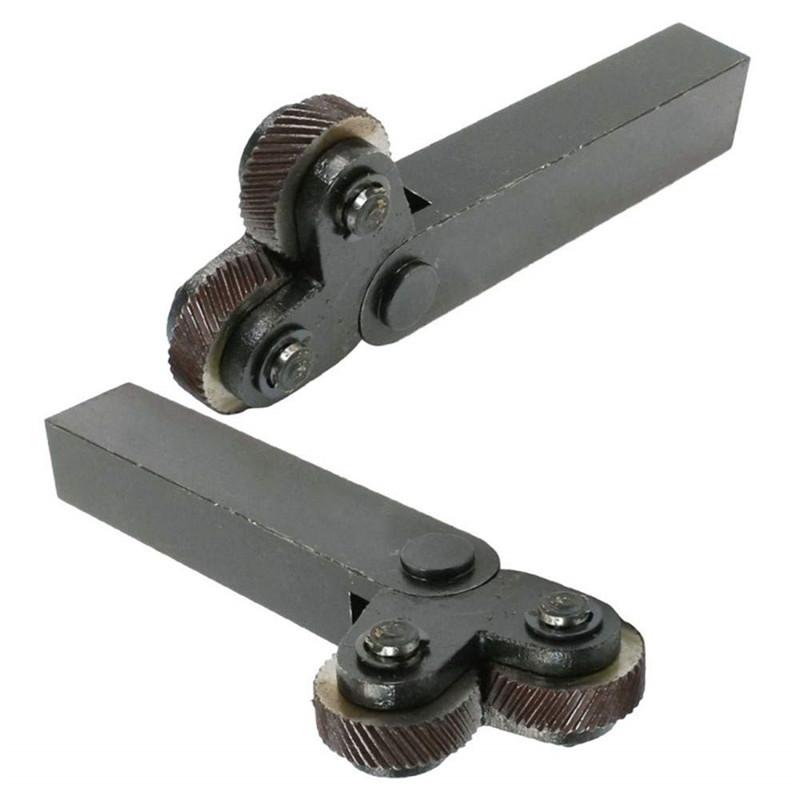 Dual Wheel Knurling Tools With Diamond Pattern For Industrial Type
Dual Wheel Knurling Tools With Diamond Pattern For Industrial Type -
 Type E Oval Tungsten Carbide Rotary Burr
Type E Oval Tungsten Carbide Rotary Burr -
 Precision 7pcs Angle Blocks Set With High Quality Type
Precision 7pcs Angle Blocks Set With High Quality Type -
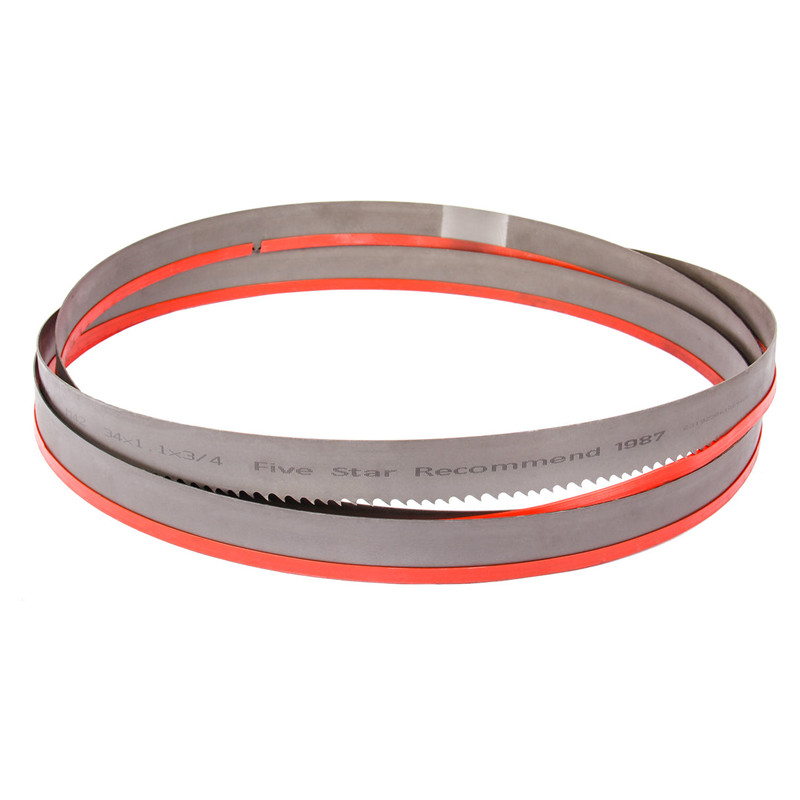 M51 Bi-Metal Bandsaw Blades For Industrial Type
M51 Bi-Metal Bandsaw Blades For Industrial Type -
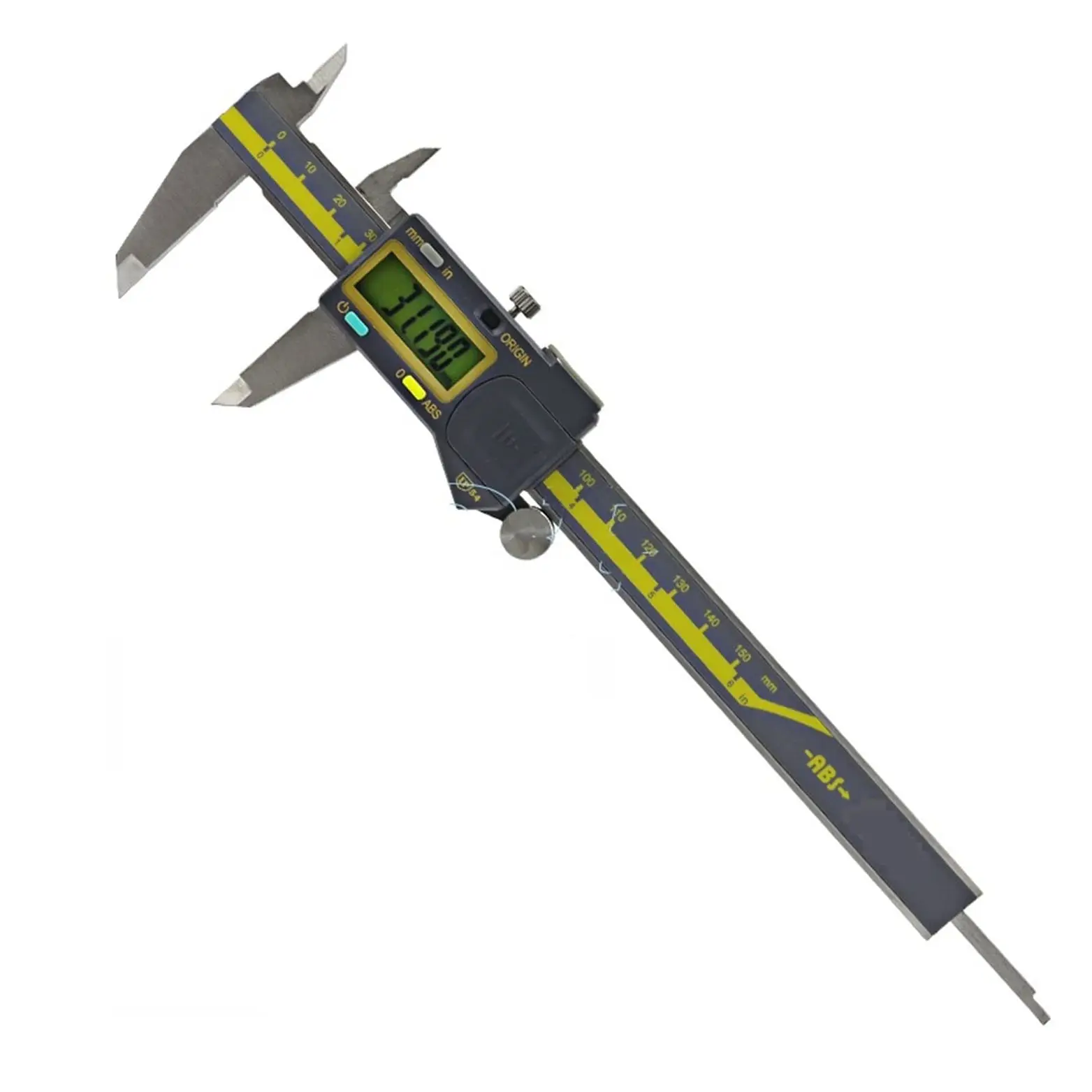 Precision IP54 Digital Caliper With Data Output For Industrial
Precision IP54 Digital Caliper With Data Output For Industrial -
 Precision IP54 Digital Outside Micrometer Of Inch & Metric With Data Output
Precision IP54 Digital Outside Micrometer Of Inch & Metric With Data Output -
 HSS Metric Plain Metal Slitting Saws For Industrial
HSS Metric Plain Metal Slitting Saws For Industrial -
 Precision Dustproof Dial Caliper Of Double Shock-Proof For Industrial
Precision Dustproof Dial Caliper Of Double Shock-Proof For Industrial -
 Metric HSS Annular Cutters With Weldon Shank For Metal Cutting
Metric HSS Annular Cutters With Weldon Shank For Metal Cutting -
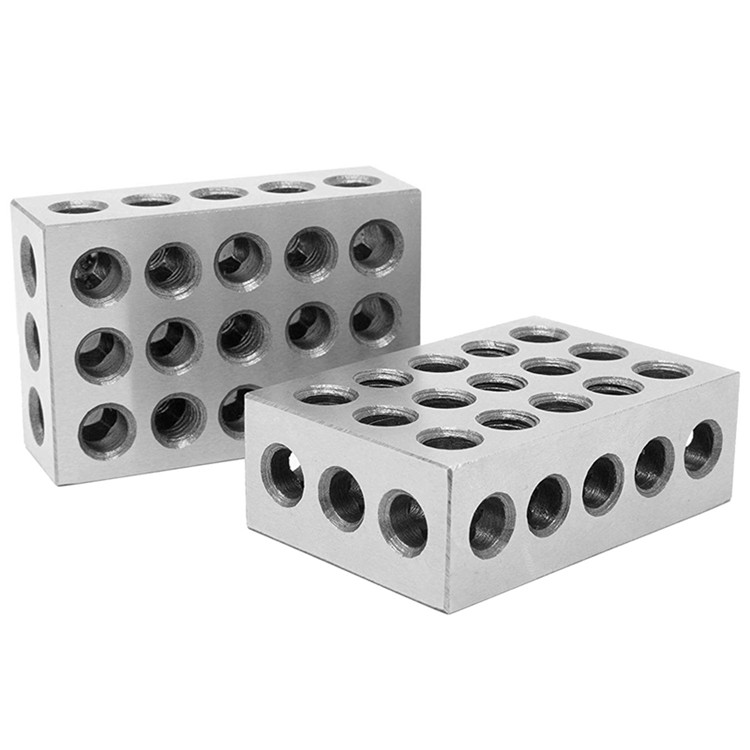 Precision 1-2-3, 2-3-4 or 2-4-6 Block With 1 And 11 And 23 Or None Hole
Precision 1-2-3, 2-3-4 or 2-4-6 Block With 1 And 11 And 23 Or None Hole -
 Depth Vernier Gauge With Stainless Steel And Monoblock Depth Type
Depth Vernier Gauge With Stainless Steel And Monoblock Depth Type

